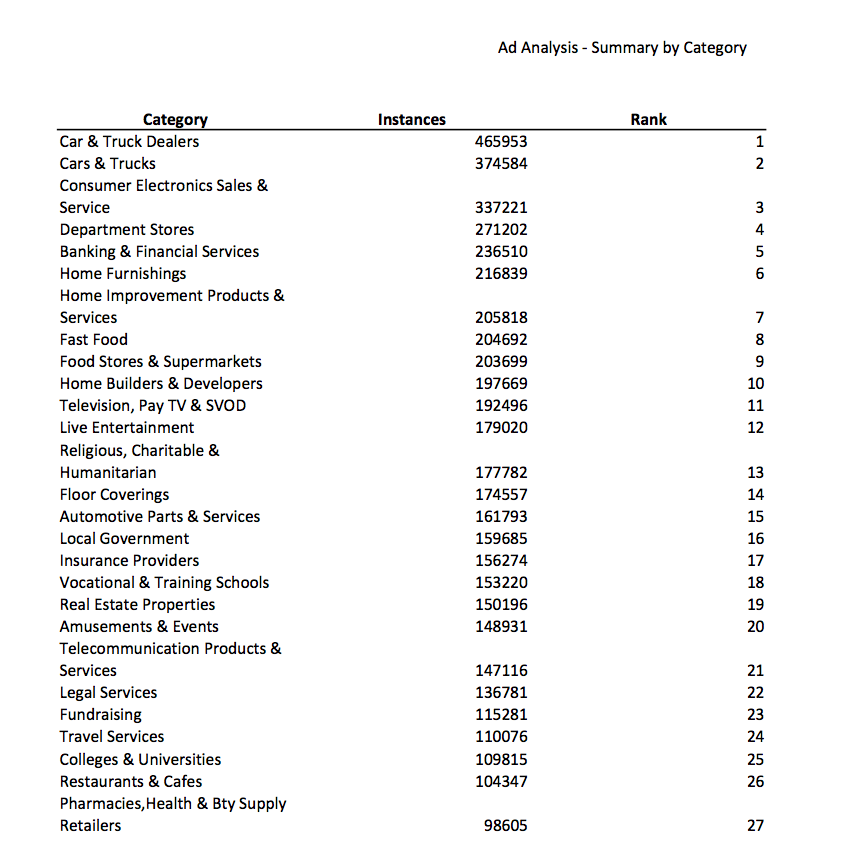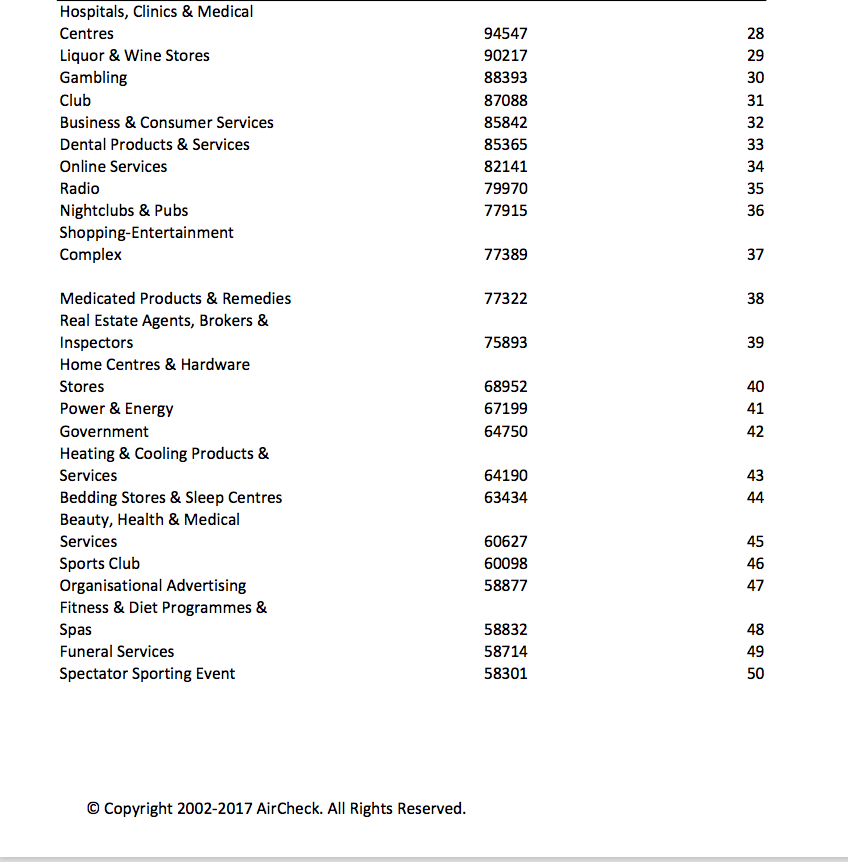Comment from Peter Saxon
It was 1972 at 2XL Cooma. My first job on-air.
Much of the announcing roster’s time was spent paneling for live races networked from 2GB. Gallops, Trots, Dogs, Cockroaches, Fights – anything that moved and that you could bet on. Maybe not cockroaches.
To make up for the paucity of paid local advertising, the jocks would fill the ad breaks with freebies for national advertisers – the ads with the highest production values that made the tiny station sound a little more like its more sophisticated metro brethren.
Invariably, these ads were 60 seconders for cigarettes. Standing head and shoulders above the pack (so to speak) were the Marlboro ads, personified by the unmistakable theme to The Magnificent Seven. “Come to where the flavour is. Marlboro Country,” growled the sonorous voiceover.
One night, Scotty blew his brains out in the station vehicle. I was on air when the cops rang to tell me the news.
Back then, like Madmen, we all smoked. Studios reeked of stale cigarettes. But the advertising money spent by the tobacco industry was bread and butter to radio’s revenue base. Smokes were also the main cause of a heart attack I suffered at age 43.
Ironically, I had the heart attack a year after I’d stopped smoking. Giving up was the hardest thing I’d ever done. Now, 20 years on from a triple by-pass, and a much improved lifestyle, I’m grateful and humbled to still be here to tell the tale.
2XL was founded by a man called John Scott. He was an alcoholic… sometimes, so desperate for a drink, he’d knock on the Cooma publican’s back door at 6am and beg to buy a bottle of vodka. One night, Scotty blew his brains out in the station vehicle. I was on air when the cops rang to tell me the news. It haunts me to this day. How could an otherwise successful and intelligent human being be so utterly defenceless against the bottle?
Often when I hear the topic of addiction discussed on talk radio, some callers dismiss addicts as losers who simply lack willpower. Can I tell you, as someone who has had close encounters with addictions: willpower has very little to do with it.
When I’m drinking I don’t know when to stop. But my body does.
Alcoholism is a disease that, thankfully, I don’t have. That doesn’t mean I don’t love a drink. I do – wine in particular, especially red. I have a cellar full of the stuff.
Yet, as much as I love it, I rarely drink during the day, almost never alone or without a meal. And never ever if I’m going to drive. Willpower? Not at all.
In fact, when I’m drinking I don’t know when to stop. But my body does. It reaches a point where it’s had enough and it tells me so, in no uncertain terms.
My body seems to have a switch, which once activated, makes me nauseous at the very thought of another sip. Suddenly that 2006 Parker (Coonawarra) First Growth that was moments ago providing me with such delight, loses its appeal.
“Gawn Pete, have another drink…” Seriously, mate, I don’t want one. I’d rather have water.
See, it has nothing to do with me being “master of my domain” or having the willpower to stop before I get drunk. It just has to do with the fact that I have a functioning mechanism akin to that full feeling you get when you’ve had too much to eat. Alcoholics either don’t have that on-off switch or it’s malfunctioning.
Gambling is another one of those vices that when exercised in moderation is relatively harmless.
It’s not whether you win or lose. It’s how long you can stay in the game.
Gambling addicts or “problem gamblers” don’t even need to ingest an addictive drug like alcohol, nicotine or cocaine to become hooked. They produce their own in the form of dopamine. Dopamine generates a little high inside the brain every time they have a win, large or small. Those merry little tunes that pokies play work on the Pavlov’s dog principle and are designed to teach the problem gambler’s brain to release more dopamine every time he or she hears them.
Problem gamblers know perfectly well they can’t win. The longer they play, the more the odds are stacked against them. Yet, that’s what they’re there to do, keep playing for as long as they can to maintain a dopamine high. Hence the old gamblers adage: “It’s not whether you win or lose. It’s how long you can stay in the game.”
Non-addicts gamble with a fixed budget. It may be just $10 or $500 depending on their means but once that money runs out, they go home. They don’t go to the ATM for more. And, if they’re lucky enough to have a win, they don’t plough it back in, they take their money and run. These are not the type of gamblers the industry targets.
Like most industries, Alcohol and Gambling work on the 80:20 principle: About 80 percent of their revenue comes from around 20 per cent of their customers… the ones that are their heaviest users – like frequent flyers. By definition that includes alcoholics and problem gamblers who spend way bigger portions of their incomes than casual punters.
By now, you may have got the impression that I don’t much care for drinking or gambling. Not true. I enjoy both – in moderation – as millions of Australians do. Smoking, on the other hand, IMHO, has no socially redeeming factors and for most people is impossible to moderate.
With the recent availability of online gambling you can lose the house without leaving home.
What I’m not comfortable with is the notion that multi-billion dollar leisure and beverage industries are built on business models that rely on providing sick and vulnerable people with a product that feeds their disease rather than cures it.
What’s more, alcohol and gambling doesn’t just affect the addict. It affects whole families and can affect friends and workplaces in the most profound ways. While tobacco costs our health system billions as do alcohol related diseases, the broader cost to society from excess alcohol and gambling such a domestic violence, theft and embezzlement are immeasurable.
Now, with the recent availability of online gambling you can lose the house without leaving home.
What has all this to do with radio?
 Firstly, as a major provider of advertising platforms for Gambling and Alcohol there is significant revenue at stake. And that revenue can be sharply affected by government imposed restrictions on the placement of such advertising as recently proposed.
Firstly, as a major provider of advertising platforms for Gambling and Alcohol there is significant revenue at stake. And that revenue can be sharply affected by government imposed restrictions on the placement of such advertising as recently proposed.
Secondly, we may work in the business of radio but we also live in a society – a society with which radio interacts on a deep and personal level.
So the bill that Labor recently tried (unsuccessfully) to introduce to place further restrictions on advertising for gambling on radio and television had me vexed.
On one hand Gambling can have catastrophic consequences for a significant minority of people who do not have the power to moderate their behaviour to “gamble responsibly.”
On the other hand, I’m not a fan of a nanny state where the majority has their enjoyment of an activity curtailed due to the needs of a minority.
By way of disclosure, I should also say that as a lifetime advocate for radio, I instinctively want less restrictions, not more, on how or what radio should be allowed to advertise.
Nonetheless, it seems to me that putting more advertising restrictions on radio and television does virtually nothing to alleviate the problems associated with excessive gambling. After all, Illicit or “recreational” drugs are widely used in the community without any mainstream media (MSM) advertising whatsoever to promote them.
For the record, Liquor & Wine Stores and Gambling sit in the number 29 and 30 positions respectively on a chart of the top 50 radio advertiser categories between January 1 and February 19, 2017 as measured by AirCheck©. They are dwarfed by the motor vehicle catagories that occupy the top. See the full chart below.
Gambling, particularly online betting, has grown exponentially over the past five years. As I see it, putting restrictions on advertising in MSM when there are so many other online and social outlets to contend with, will do almost nothing to mitigate the problem.
No one seriously believes that the road toll would have diminished by two thirds if it were not for RBT
The solution must come from within the gambling industry itself. They need to target problem gamblers and concentrate on helping them while leaving casual gamblers alone.
In this day and age where privacy is a thing of the past, especially online where consumers blythely share personal details on request, it should be easy to track and identify those who are habitually gambling way beyond their means and to intervene before they lose their house and their children’s futures.
The gaming industry will say that it is not up to them to tell patrons how to spend their money. It would impinge on their rights as adults capable of making their own decisions. Besides, the industry already has responsible gambling programs in place including access to counselling and self-exclusion.
All well and good but actual intervention is what is needed if any real progress is to be made. Initially, there was an outcry against the introduction of random breath testing from libertarians. But today, no one seriously believes that the road toll would have diminished by two thirds if it were not for RBT.
Radio and MSM in general, have always been soft targets for legislators trying to look like they are doing something in the public interest without actually affecting voters and the individuals they are targeting.
While the solution to problem gambling may have a little to do with the way that gambling is advertised, it is small beer compared to what can and should be done at point of sale.
 Peter Saxon
Peter Saxon




